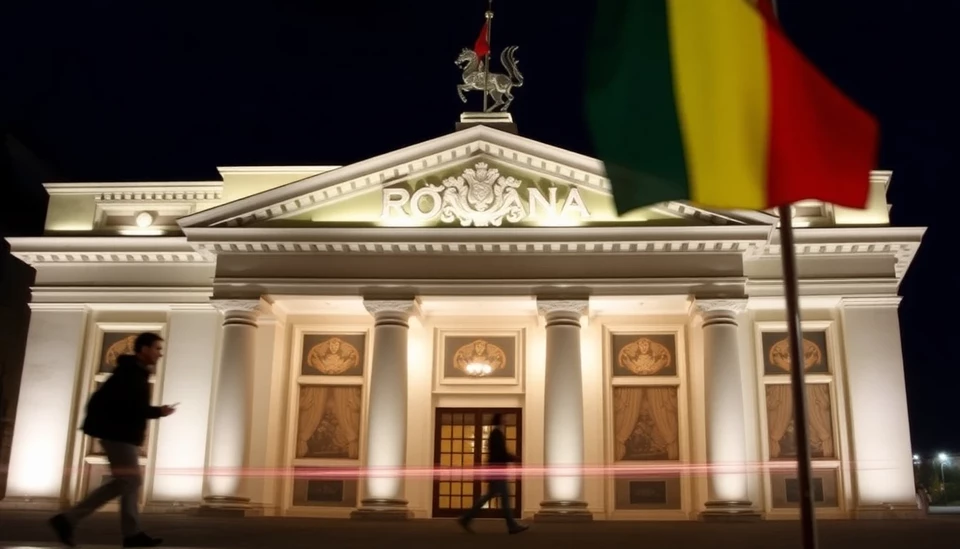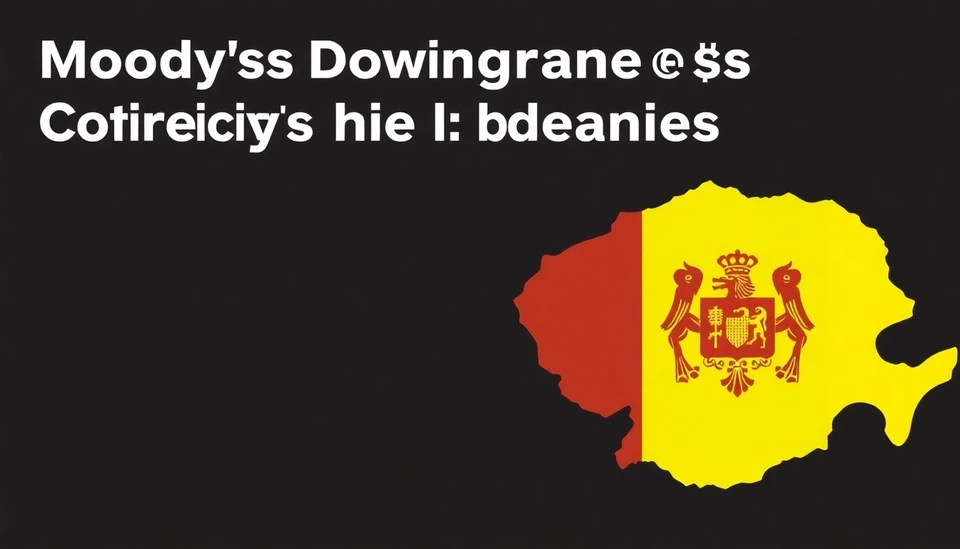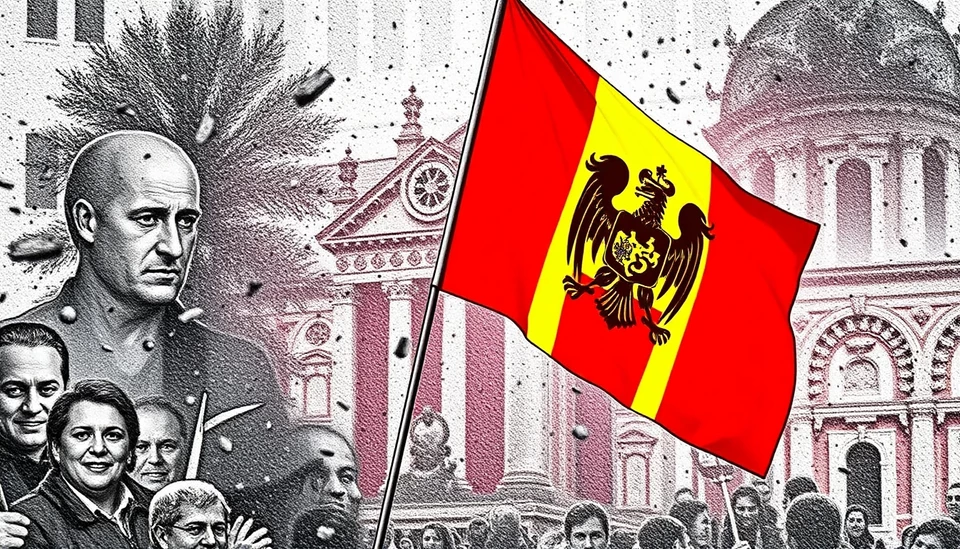
In a pivotal decision, Romania's National Bank has opted to keep its benchmark interest rate unchanged at 7.00%, signaling a cautious approach in the face of escalating economic uncertainties and burgeoning political tensions. The decision, announced during a recent policy meeting, underscores a balancing act as the bank navigates between fostering economic growth and managing inflationary pressures that have lingered since the onset of the global pandemic.
The backdrop to this decision involves a complex web of challenges, including higher tariffs imposed on various goods amid ongoing negotiations with the European Union. These tariffs not only have the potential to exacerbate inflation but also pose significant risks to Romania's fiscal health as the government braces for a volatile political landscape ahead of the upcoming elections. Such conditions may threaten Romania's economic stability, fueling skepticism about the country's financial trajectory.
Governor Mugur Isărescu emphasized the importance of monitoring these developments closely. He stated that the decision to hold rates was driven by a need to observe how these tariffs would impact consumer prices and, consequently, economic activity. “We are in a period of uncertainty that requires prudence,” he remarked during the press conference following the announcement.
Despite these challenges, some economic analysts remain optimistic, pointing out that Romania's economy, which has shown resilience in the past, could rebound if managed effectively. However, the political situation complicates matters; the looming elections have prompted speculation about potential shifts in government policy, raising questions about continuity and the implementation of fiscal measures necessary to support growth.
With inflation rates stubbornly hovering around 10%, the central bank faces a formidable task in stabilizing prices without stifling economic recovery. Financial markets have reacted with caution, acknowledging the central bank's commitment to maintaining stability while staying vigilant about future actions that may be required to align with economic indicators.
The decision to maintain the current interest rate marks a significant moment in Romania's economic policy, reflecting the central bank's strategic assessment of local and global economic conditions. Many experts expect that, as clarity emerges regarding political aspirations and the effectiveness of trade policies, the bank may need to adjust its stance in the coming months to ensure sustained economic growth.
As Romania charts its economic course, the focus remains sharply on balancing political risks with fiscal responsibility. The coming weeks will likely present fresh challenges and potential shifts within both the domestic and international landscapes.
As the nation prepares for the impact of upcoming elections, all eyes will be on the central bank's next moves and how they will respond to ongoing pressures in a rapidly changing environment.
#Romania #CentralBank #InterestRates #EconomicStability #Inflation #PoliticalRisk #FiscalResponsibility #Elections2025
Author: Daniel Foster




